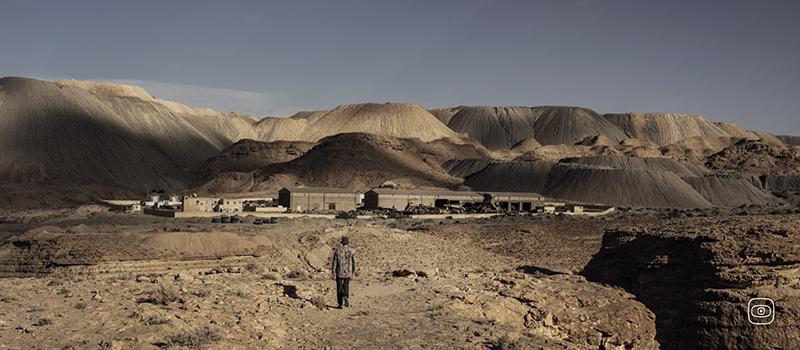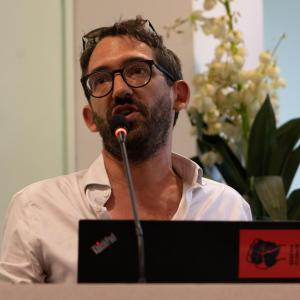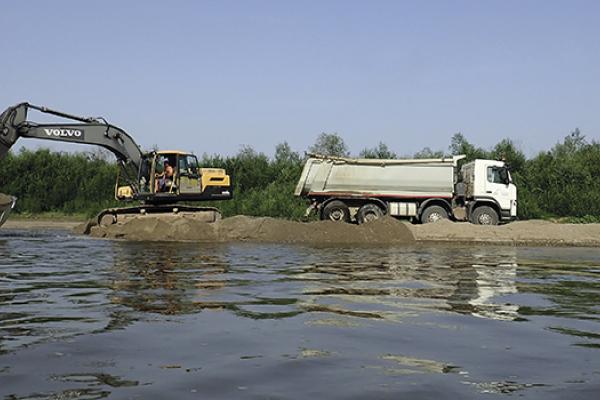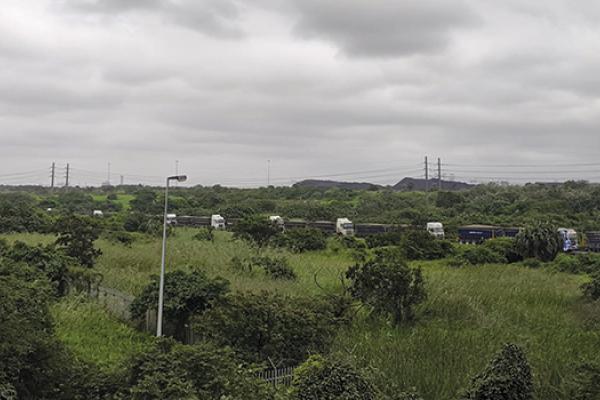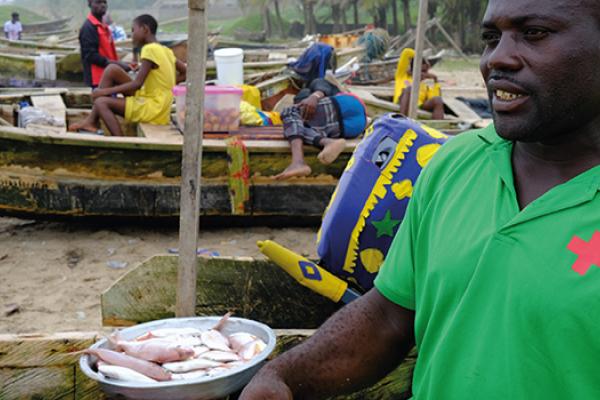The European Commission recently included phosphate in its list of critical raw materials - essential to the future production of goods and services in the EU. In search for alternatives to Russia, another major phosphates exporter, the EU started looking southwards. While Morocco continues to dominate the global market, Tunisia sits on the 4th biggest global reserve of phosphate rocks.
But phosphate extraction comes at a high price. In the Gafsa basin, where Tunisian phosphates come from, local communities are impacted by water scarcity and pollution. Mining in Gafsa started at the end of the 19th century, under French colonialism. A century later, the exploitation and depletion of a land that would otherwise be one of the richest in Tunisia, continues in ways that are different only on the surface.
Photo: Daniela Sala.
